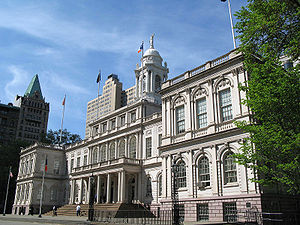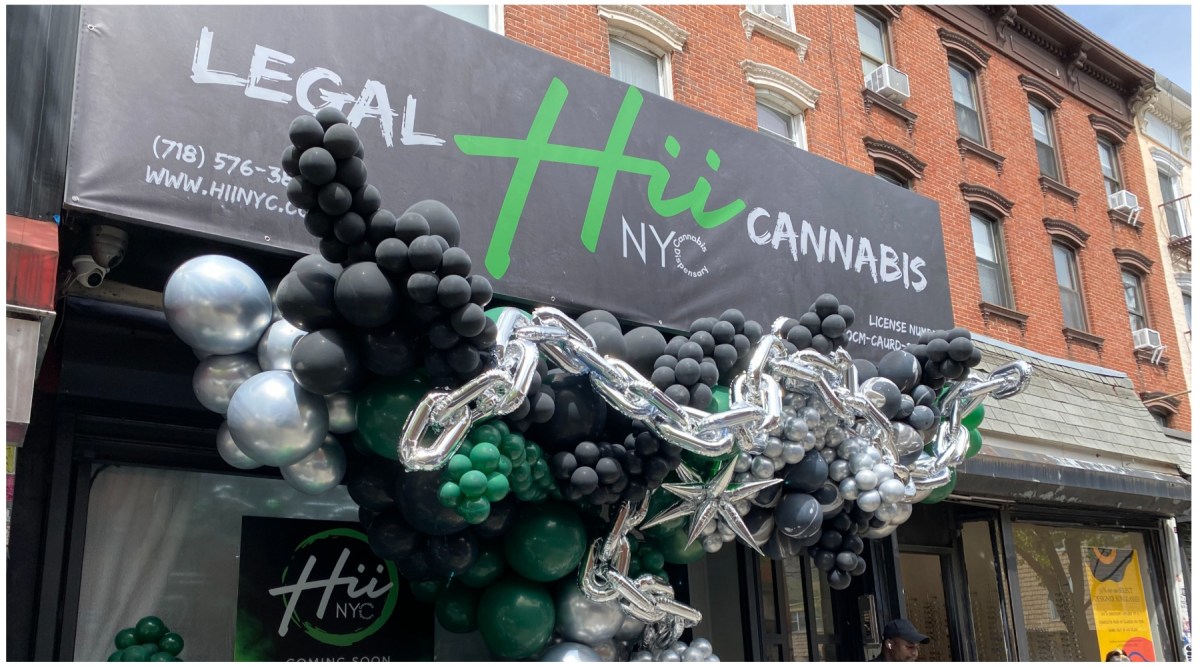BY SAM SPOKONY | Days after Governor Cuomo said he strongly opposed the idea, an assemblymember declared he will continue pushing legislation to allow cities across the state to set their own minimum wage.
Brian Kavanagh, whose district includes the East Village, believes his bill is a more “rational” approach to the issue, and claims support for the proposal is broad enough to lead to its eventual success.
The “Fair Local Wage Act” would let New York City and other local governments raise their minimum wage up to 25 percent above the state’s minimum.
That means that when the state wage reaches $8.75 per hour at the end of this year (due to an increase the governor already approved), cities could set a minimum of up to $10.93 per hour.
Cuomo publicly came out against the whole concept in an immediate response to Mayor de Blasio, who, in his Feb. 10 State of the City address, said he would ask the state Legislature for permission to set a higher minimum wage.
The governor was quoted as saying that allowing local governments to set their own minimum wage could create “a chaotic situation” and cause economic friction between cities.
But Kavanagh wasn’t deterred by that response, citing great regional differences in labor markets and the cost of living as strong reasons for his bill.
“I’m prepared to continue fighting for it,” said Kavanagh in a Feb. 15 phone interview. “It makes sense to have a differential based on where you live in the state — just like we allow individual states to set their own wages above the federal minimum — because, frankly, New York State has as much economic variation among its communities as the whole country does among its states.”
City Council Speaker Melissa Mark-Viverito and Comptroller Scott Stringer have also continued to back de Blasio in his push, although their request does not include Kavanagh’s 25 percent cap on the local minimum wage — an element that could potentially make the idea more palatable to the governor and other state legislators.
At a City Hall rally on Feb. 14, Stringer bolstered the overall argument by pointing out that the cost of living in New York City is 80 percent higher than in Buffalo, 70 percent high than Rochester and 60 percent higher than in Albany.
At this point, it’s unclear whether that key difference in Kavanagh’s bill — which leaves some fundamental power in the state’s hands — will be officially adopted by his city counterparts as the fight goes on. But the assemblymember stressed that, from his perspective, it’s still very much a collaborative effort between progressives at both levels of government.
“There’s no daylight between me and the mayor and city advocates on this,” he said. “I’ve been talking about this for a while with the city folks, and it’s going to be a very broad coalition as it moves forward.”


















